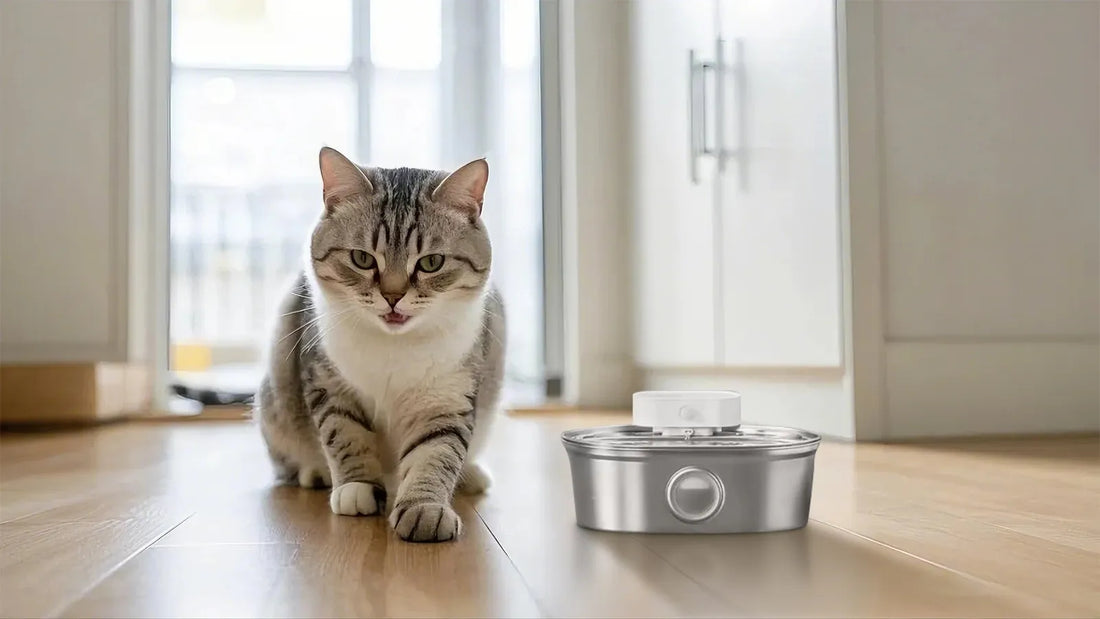Playing with your cat is more than just a fun activity—it's a crucial part of their physical and mental well-being. Cats are natural hunters, and playtime mimics the thrill of the chase, keeping them engaged and satisfied. But how long should you play with your cat each day? The answer depends on several factors, including your cat's age, energy level, and personality. This guide will help you determine the perfect playtime duration and provide tips to make it a rewarding experience for both of you.
Why Playtime is Essential for Cats
Playtime is not just about entertainment; it serves multiple purposes in a cat's life. First, it helps them burn off excess energy, which is especially important for indoor cats who don't have access to outdoor exploration. Second, playtime stimulates their mind, preventing boredom and reducing the risk of behavioral issues like scratching furniture or excessive meowing. Finally, it strengthens the bond between you and your cat, fostering trust and affection.
How Much Playtime Does Your Cat Need?
The amount of playtime your cat requires can vary widely. On average, most cats benefit from 15 to 30 minutes of playtime per day, divided into multiple sessions. However, younger cats and highly energetic breeds may need up to an hour or more. Older cats, on the other hand, may be content with shorter, less intense play sessions. Pay attention to your cat's behavior to gauge their needs—if they seem restless or bored, they might need more playtime.
Signs Your Cat Needs More Playtime
If your cat is exhibiting certain behaviors, it could be a sign they need more playtime. These behaviors include excessive grooming, overeating, or acting out destructively. Cats who are understimulated may also become lethargic or disinterested in their surroundings. By increasing playtime, you can help address these issues and improve your cat's overall well-being.
Tips for Effective Playtime
To make playtime enjoyable and beneficial for your cat, consider the following tips:
- Use interactive toys that mimic prey, such as feather wands or laser pointers.
- Rotate toys regularly to keep things fresh and exciting.
- Incorporate climbing and scratching elements to engage their natural instincts.
- End each session with a treat or meal to simulate the reward of a successful hunt.
Creating a Playtime Routine
Consistency is key when it comes to playtime. Establishing a routine helps your cat know what to expect and ensures they get the stimulation they need. Try to schedule play sessions at the same time each day, such as in the morning and evening. This can also help regulate their energy levels and improve their sleep patterns.
Adapting Playtime for Different Life Stages
As your cat ages, their playtime needs will change. Kittens are bundles of energy and require frequent, vigorous play sessions to develop their coordination and hunting skills. Adult cats may prefer a mix of active and relaxed play, while senior cats often enjoy gentler activities that don't strain their joints. Be mindful of your cat's physical limitations and adjust playtime accordingly.
Making Playtime Fun for You Too
Playtime doesn't have to be a chore—it can be a bonding experience for both you and your cat. Experiment with different toys and activities to find what your cat enjoys most. Remember, the goal is to make playtime a positive and enriching experience for your feline companion.
Understanding how long to play with your cat each day is essential for their happiness and health. By tailoring playtime to their needs and preferences, you can ensure they lead a fulfilling life. So grab a toy, set aside some time, and enjoy the joy of playtime with your furry friend!













